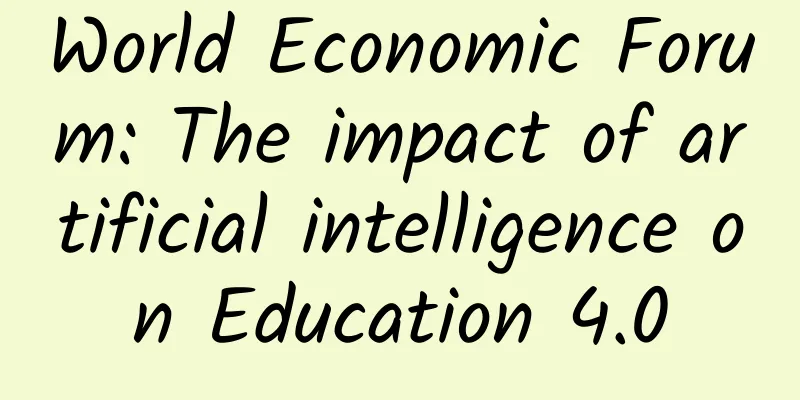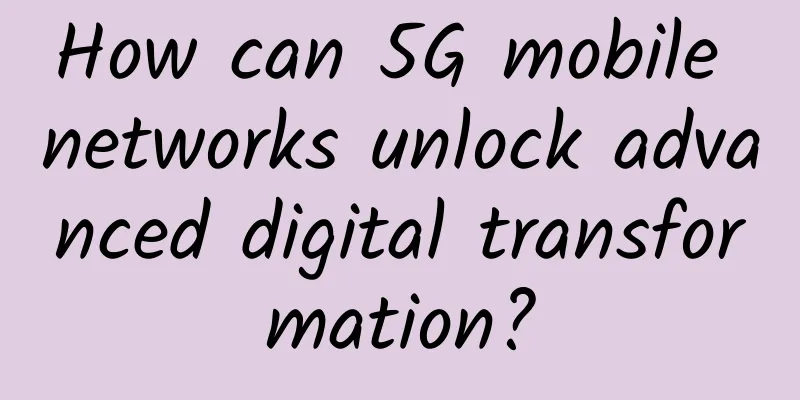World Economic Forum: The impact of artificial intelligence on Education 4.0

|
If deployed properly, AI can help find solutions to improve education systems around the world. As technological change accelerates, there is an urgent need to support education systems in managing new opportunities and risks. If managed properly, technology offers a unique opportunity to help education systems achieve Education 4.0. Education 4.0 is an approach to teaching that focuses on equipping learners with competencies, skills, attitudes and values that are fit for the future. Developed by a global coalition of education experts, practitioners, policymakers and business leaders, Education 4.0 is a comprehensive framework that outlines the key changes needed in primary and secondary education to promote better educational outcomes. Artificial intelligence can help expand the reach of future-proof education systems and improve their effectiveness in preparing students for the future. There are challenges and risks for both teachers and learners that must be addressed and overcome to realize the promise of educational technology. The adoption of emerging technologies in education, especially artificial intelligence, has great potential to revolutionize teaching methods, personalize learning experiences, and streamline administrative processes. By freeing educators from routine tasks, AIM enables them to focus on building relationships, understanding students' individual needs, and cultivating motivation. This synergy not only improves teaching effectiveness, but also emphasizes the indispensable human factor in education. Successfully integrating AI into education systems and processes requires careful consideration and strategic implementation. The report delves into the potential of AI to address challenges within education systems by: Personalized learning content and experience. Improved assessment and decision-making processes promise more accurate evaluation and insight into student progress. Optimizing the teacher role through automation and automating tasks reduces administrative burdens, allowing educators to focus more on personalized instruction and mentoring. Integrating AI into educational curricula provides opportunities for AI-enabled instruction, equipping students with the essential skills, insights, and knowledge they will need for the future.
|
<<: iPhone 6S parameters exposed: equipped with 12 million pixel camera
>>: Can you watch YouTube on Android Wear?!
Recommend
How to accurately estimate user intent when placing Baidu information flow ads in the home improvement industry?
The home improvement industry is a typical large ...
Apple iOS 15 leak summary: In addition to new icons, new lock screen, new notifications, there are 3 major changes
If you are a qualified Apple fan, even if there a...
LCD screen manufacturers are busy with the World Cup big screen, 4K becomes the favorite
As one of the most influential international spor...
Finally supports multiple devices online at the same time! Detailed experience of the new version of WeChat
WeChat has a new version. You know what, this upd...
The iPhone SE is aimed at users who have never used a smartphone.
Yesterday, Apple released the iPhone SE at its pr...
Weibo Fans Advertising Copywriting Method and Placement Suggestions!
To run Weibo Fans Channel advertising , whether y...
Does drinking coffee relieve headaches or make them worse? Coffee and pain, friends or foes?
The theme of this article is from the article pub...
The "Internet celebrity wolf" in Hoh Xil was fed by tourists and turned into a "fat ball"! Should we feed it?
"It only eats some meat now, and generally d...
A common detail made doctors urgently call for: After the "positive" test, this matter is very important
As Omicron attacks, the pressure on the emergency...
How to monetize short videos of investment and franchising type?
Have you ever encountered such accounts when watc...
The "Fuxing" train has officially hit the Qinghai-Tibet Line. It's called the "Fuxing" train. What's the difference between it and the ones we usually take?
According to Xinhua News Agency, the Fuxing bulle...
China Association of Automobile Manufacturers: A brief overview of automobile industry production and sales in July 2022
At present, my country's economy is at a crit...
As a continuity technology, what problems can 5G solve?
The 4G construction of the three major domestic o...
How to realize space classroom? Post-90s astronauts build a "highway" for communication between the earth and the sky
First published: January 12, Xinhua Daily Telegra...
Aite Tribe Stories (2): The Road to Transformation Caused by Chance
【51CTO.com original article】 Use craftsmanship to...









